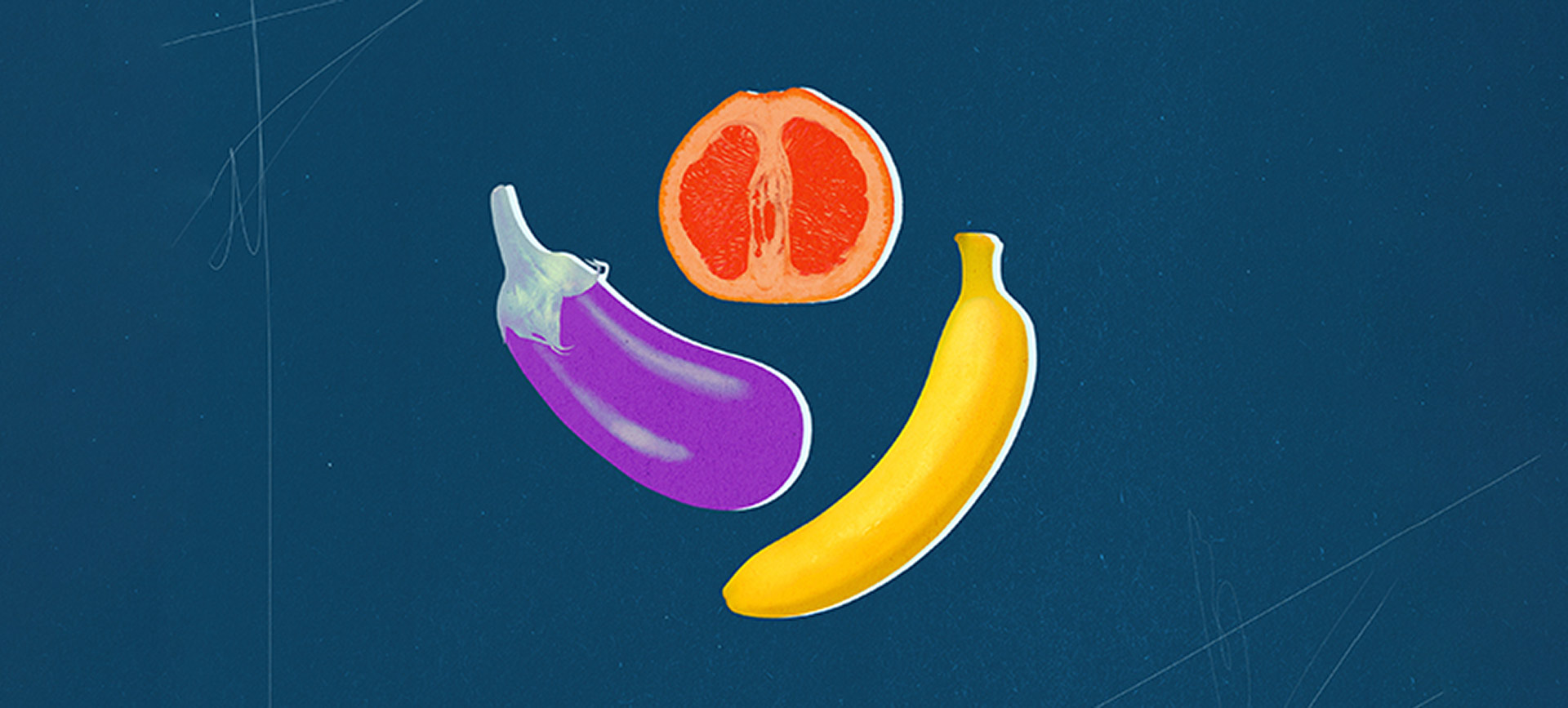The Mediterranean diet has been linked to a host of benefits, from preventing heart disease to slowing Alzheimer's disease. It's unsurprising that the silver bullet-like eating pattern may also help improve sexual function, said Marco Infante, M.D., Ph.D., an endocrinologist based in Rome who is also a fellow of the American College of Nutrition.
"The Mediterranean diet is one of the main eating patterns that have been proven beneficial for human health in general and for sexual health in particular," he explained. "With regard to sexual health, high adherence to a Mediterranean-style diet has been shown to reduce the prevalence of erectile dysfunction in men, to mitigate female sexual dysfunction in premenopausal women and to attenuate menopausal symptoms in postmenopausal women."
Carol Bradley, Ph.D., R.D.N., a nutritionist based in Lufkin, Texas, agreed, maintaining that the Mediterranean diet can lead to a healthy and satisfying sex life.
"The diet is high in fruits and vegetables, fish, nuts and whole grains, [which] affects things like hormone production," she added.
In particular, a Mediterranean diet can help balance levels of estrogen, a hormone involved in reproductive health, heart health, and breast and ovarian cancer prevention.










